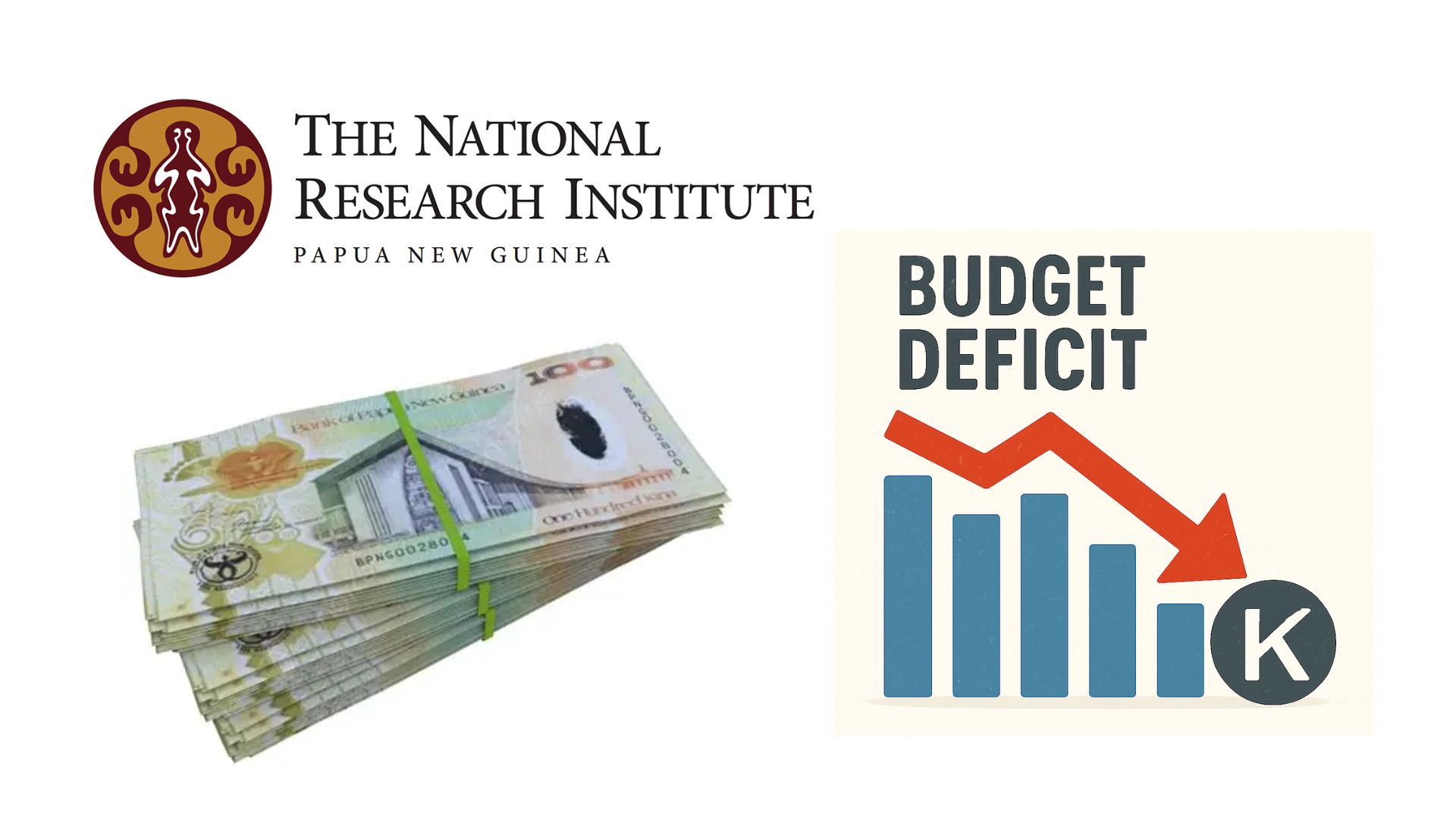The Papua New Guinea National Research Institute (PNGNRI) has warned that consecutive budget deficits are placing mounting pressure on the country’s monetary policy and long-term financial stability.
In its latest Spotlight report, authored by senior researcher Dr Thomas Wangi, the institute highlighted how persistent overspending and declining revenues have forced the government to rely heavily on domestic borrowing.
Key financing tools include treasury bills, the Central Bank’s Temporary Advance Facility, and other arrangements designed to manage short-term cash flow.
According to Dr Wangi, while these instruments have helped the government meet immediate funding needs, they are increasingly undermining the effectiveness of monetary policy.
The prominence of treasury bills over central bank bills has reduced the Bank of Papua New Guinea’s ability to manage liquidity in the financial system.
Additionally, injections of cash through borrowing facilities are contributing to inflationary pressures and threatening price stability.
The report identifies several drivers of the fiscal gap, including rising expenditure under programs such as Tuition Fee Free Education and the Connect PNG Road Program, coupled with declining revenues from commodity exports and lower levels of foreign direct investment.
Moreover, PNGNRI cautions that reliance on debt financing comes with risks, particularly the possibility of escalating debt levels.
To address the issue, the institute recommends that government revenue from equity in resource projects be more effectively channeled into the national budget.
It further calls for stronger fiscal discipline, better expenditure management, and negotiating improved terms in future project development agreements.
The institute also urges greater support for non-resource sectors to diversify economic growth and reduce dependence on volatile commodity markets.
The full report, Financing of Budget Deficits Affects Monetary Policy Operations in Papua New Guinea, is available on the PNGNRI website.







